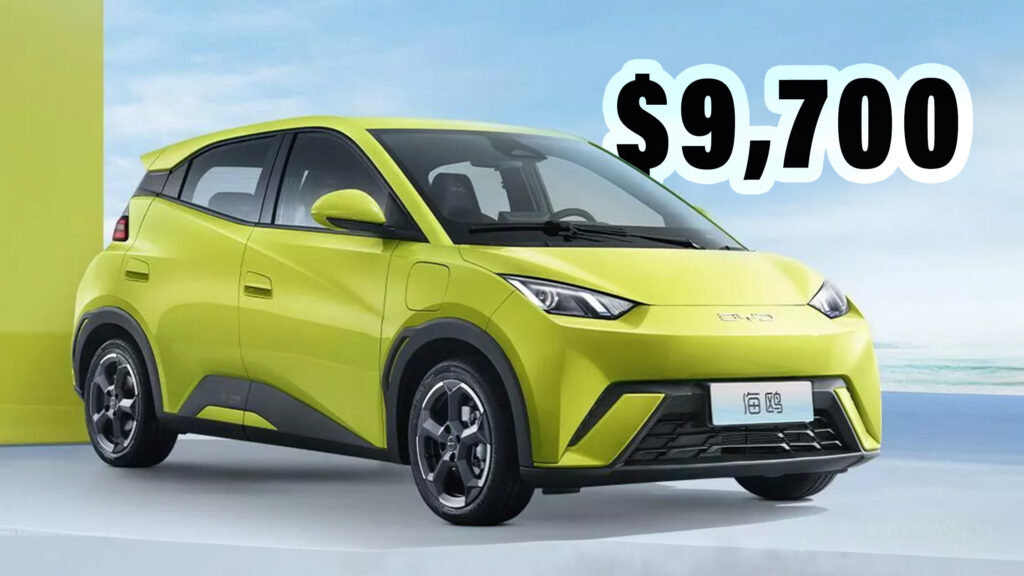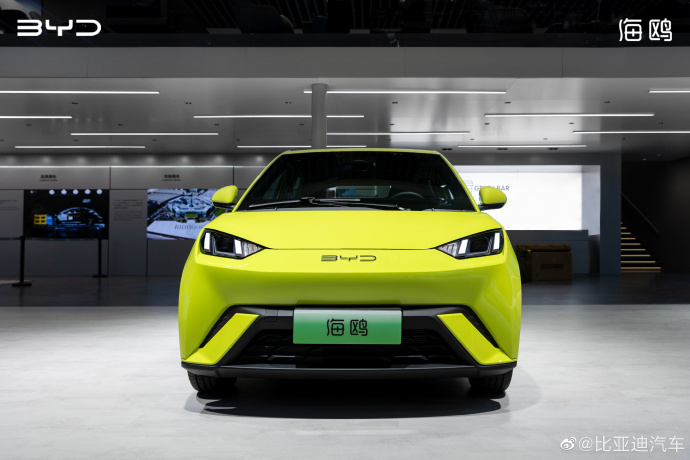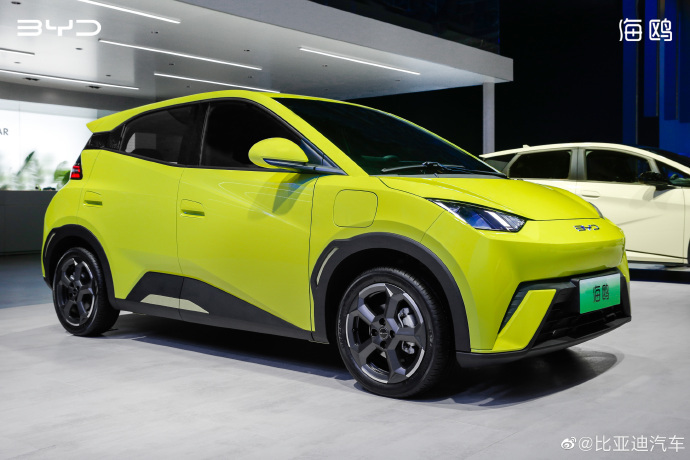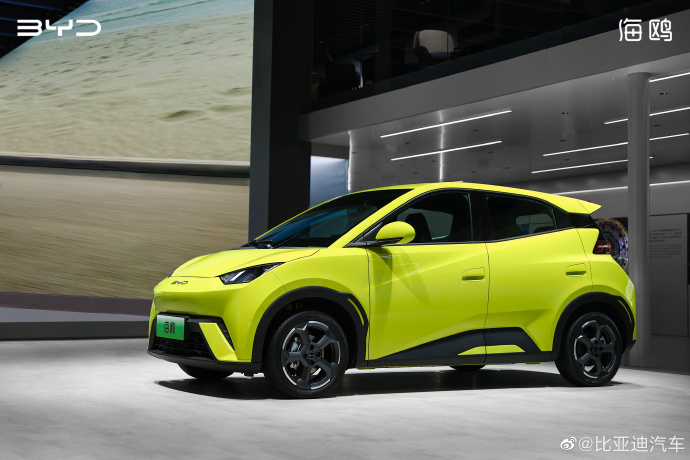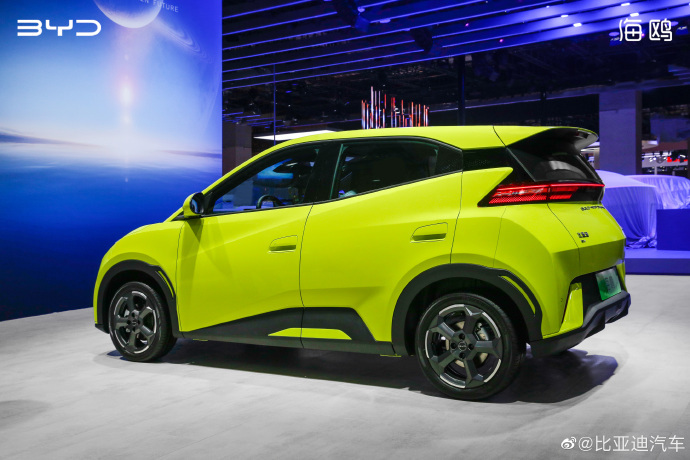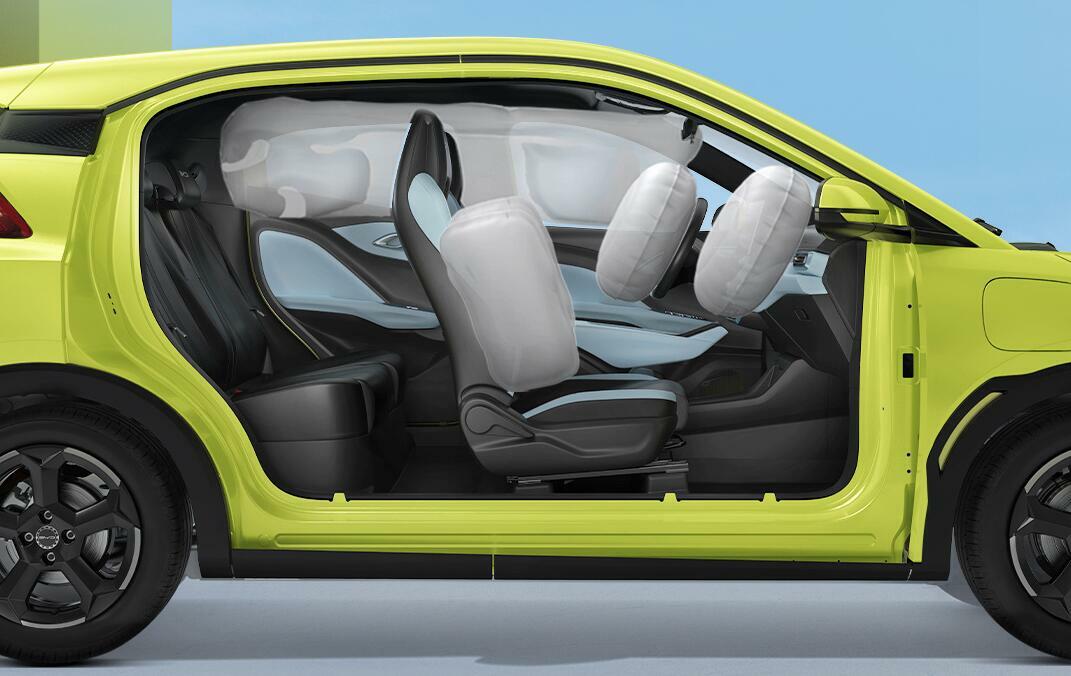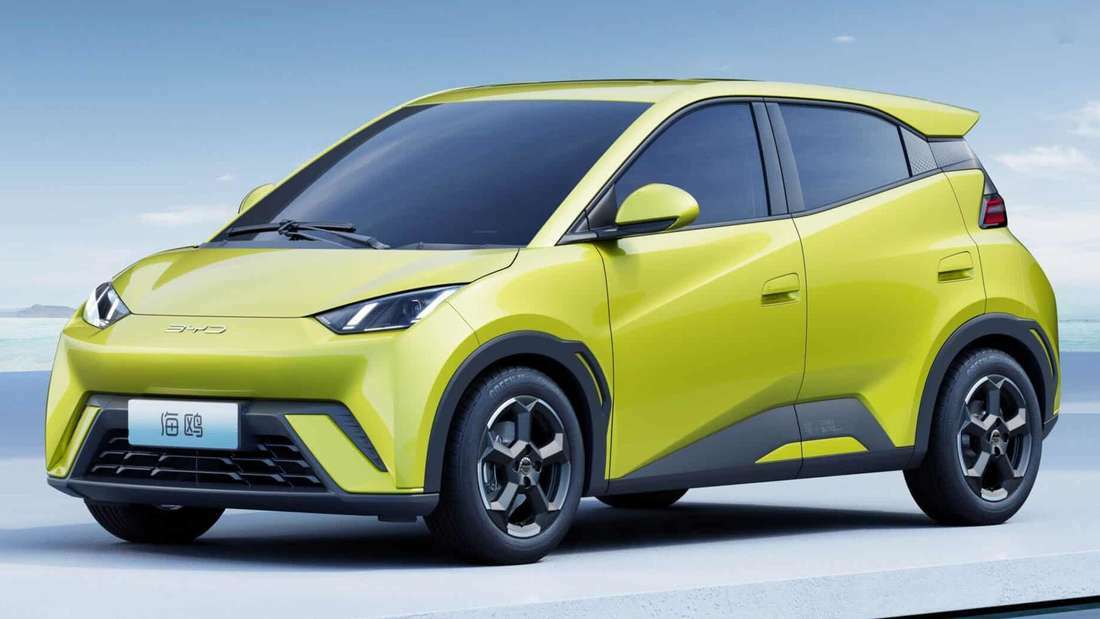Electric vehicles are too expensive in the West. We know it, dealers know it and carmakers know it. Even the most affordable models are still less affordable than the equivalent combustion-powered car, though Western car brands talk excitedly about how their next-generation EV platforms will bring electric tech to the street for thousands of dollars less than it currently costs. But given recent news from Chinese automaker BYD, that all looks like an exercise in futility.
BYD has made another move in China’s price war and has cut the price of its cheapest EV, the Seagull, by 5 percent, bringing the retail cost down to just $9,700. No, we didn’t miss a ‘1’ off the front of that price, BYD really will sell Chinese buyers a brand new EV for less than $10k, Reuters reports. Meanwhile, Stellantis is getting excited at the prospect of putting its Citroen e-C3 and its coming Fiat equivalent to market for $22k, and VW is beavering away on its $26,500 ID.2.
And things look equally bleak when you look at the Seagull’s $9,700 sticker in the context of U.S. car prices. The least expensive EV offered in America, the 40 kWh Nissan Leaf, costs $28,140, and even the cheapest car of any type, the ancient Mitsubishi Mirage, which is similar in dimensions to the BYD, comes in at $16,695.
Related: BYD To Finalize Location For Mexican Factory This Year
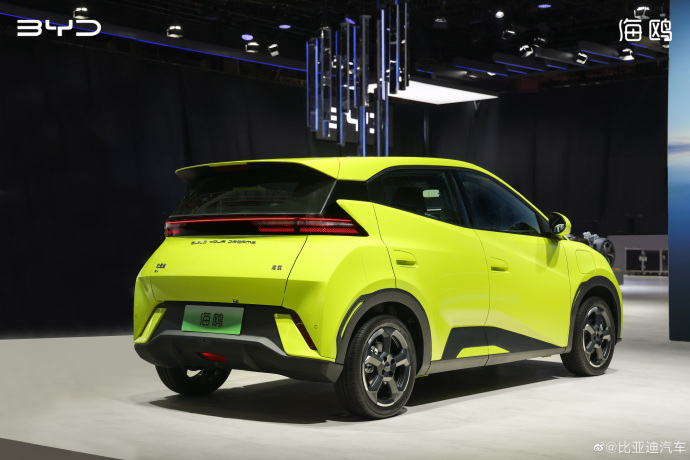
True, most Americans probably wouldn’t want to buy a 74 hp (75 PS) Seagull, much as most don’t want a Mirage, but plenty of drivers in Europe and other parts of the world will want one, and they won’t care that its battery is small (30 kWh) or uses less exotic sodium-ion tech. They’ll be more interested in a genuine useable range of more the 150 miles (240 km).
And stepping back to take a look at the bigger picture, if BYD can afford to sell an EV for less than $10k, it can afford to massively undercut Western rivals when selling the kind of cars that you can’t dismiss for being too small, slow, underpowered or badly equipped. Can Western carmakers really compete, or are they the modern equivalent of the British motorcycle industry circa 1968, currently riding high, but about to fall in spectacular style?
Source: Reuters




